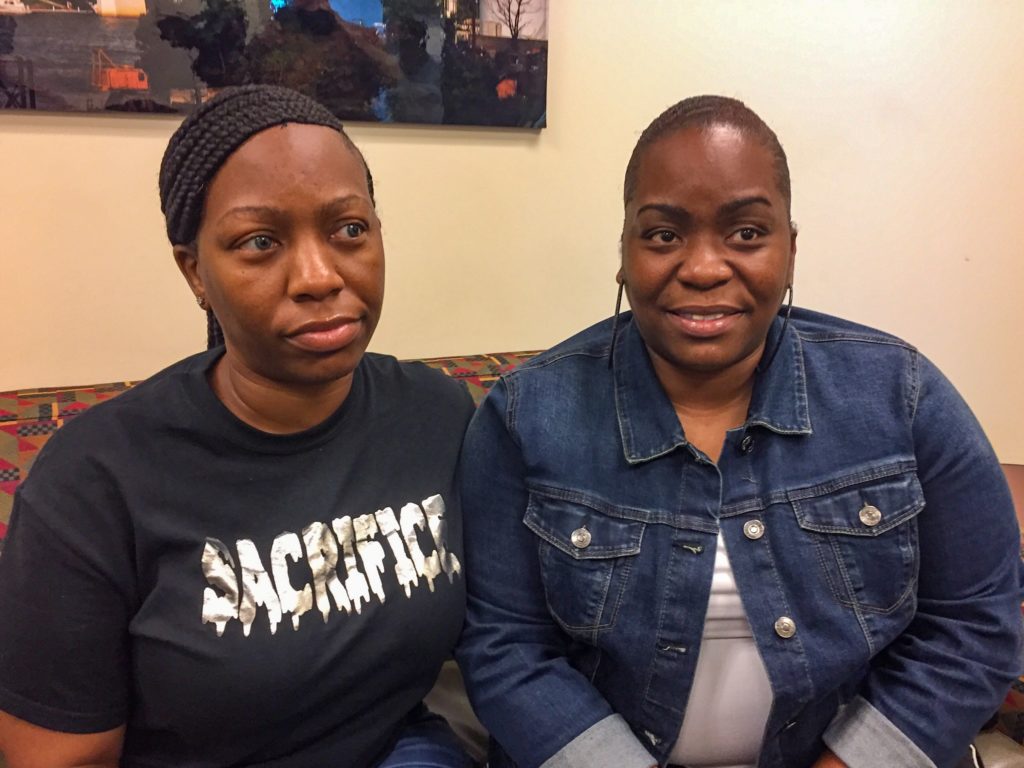
Shawanna Norman was just 9 when Abu-Ali Abdur’Rahman stormed into her house in February 1986. She trembled in a bedroom with her sister Katrina, who was 8, hearing everything as their mother and her boyfriend were attacked.
The sisters were spared. Three decades later, so has the life of Abdur’Rahman. Last week, a judge granted him a new sentence of life imprisonment, ending a seemingly endless cycle of appeals just months before Abdur’Rahman was to be put to death.
“I’m just glad that it’s finally over,” Katrina says. “We’ve had to deal with it for a long time.”
Judge Monte Watkins signed off on the unusual shift in sentence on Friday, agreeing with Davidson County District Attorney General Glenn Funk that there was enough evidence of misconduct during Abdur’Rahman’s trial to throw out his death sentence. Abdur’Rahman’s defense attorney, Bradley MacLean, says his client didn’t get a fair trial because of racial bias during jury selection.
“Public officials who are elected or appointed to positions of trust must take an oath to support the Constitution,” MacLean says. “In this case, Judge Watkins and General Funk adhered to their oath by removing the ugly stain cast by a rogue prosecutor upon Mr. Abdur’Rahman’s trial.”
The Normans were relieved when Abdur’Rahman was given a death sentence in 1987. But then came the appeals. The hearings. The endless letters from the prosecutors. Katrina says she still dreads checking her mail.
“I don’t want to talk about it. I don’t want to hear about it. If something comes on the news, I’m going to cut it off,” she says. “I don’t want to deal with it.”
Last Friday, the sisters finally got closure when Abdur’Rahman waived his right to all future appeals. He’ll still spend the rest of his life behind bars, but he won’t face execution.
The long wait to resolve Abdur’Rahman’s case compounded a trauma that began when men held their mother, Norma Jean Norman, and her boyfriend at gunpoint. They recalled shaking so hard, their beds knocked against the wall.
After the men left, the girls found their mother on the floor, bleeding from stab wounds. She survived, but her boyfriend did not.
When Katrina learned about the prosecutor’s misconduct during the 1987 trial, she understood why the district attorney decided to offer Abdur’Rahman a new sentence. But now, she and her sister are ready to move forward.
Death penalty opponent Stacy Rector says many victims suffer in capital cases as the state tries to balance the sentence against the directive not to execute people who are innocent.
“It’s traumatizing,” Rector says. “It goes on for so long. We’re in and out of court. It’s in and out of the media. And what I often hear people say is, ‘We just want some finality.'”
The Norman sisters say they haven’t forgiven Abdur’Rahman, and they were looking forward to his execution in April.
But they think the new deal will finally deliver some justice to everyone involved.
Samantha Max is a Report for America corps member.


